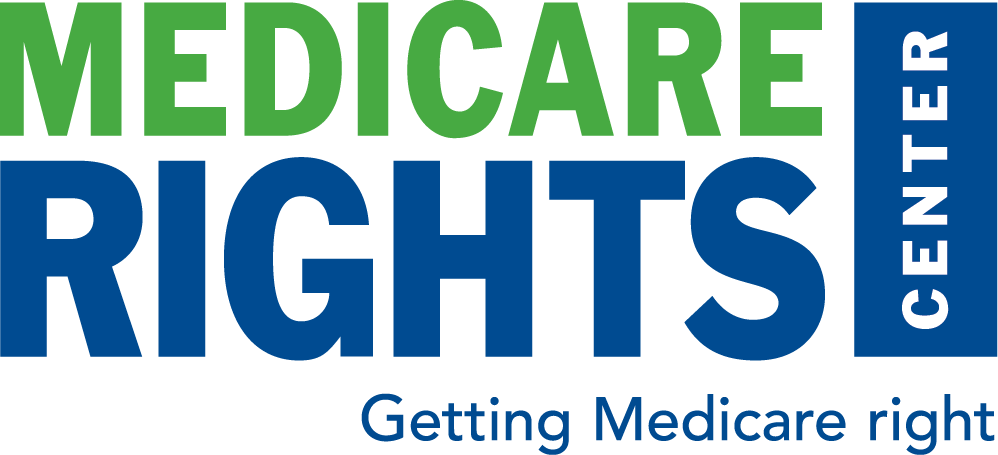
[x_blockquote cite=”Zayden (Buffalo, NY)” type=”left”]Dear Marci,
How does Medicare coordinate with insurance from an employer?
[/x_blockquote]
Dear Zayden,
Medicare and current employee insurance will work together in different ways under different circumstances. Without knowing your specific situation, a simple answer is not possible. Instead, let’s go over some of the most common instances where the two forms of health insurance coverage coordinate:
- You are 65 or older. If you are 65 or older, current employee insurance from your or your spouse’s work pays primary to Medicare if the employer has 20 or more employees. Current employee insurance from your or your spouse’s work pays secondary to Medicare if the employer has fewer than 20 employees.2. You have received Social Security Disability Insurance (SSDI) for 24 months or more. If you have Medicare due to a disability, current employee insurance from your or your family member’s work pays primary to Medicare if the employer has 100 or more employees. Current employee insurance from your or your family member’s work pays secondary to Medicare if the employer has fewer than 100 employees.Note that if you have Medicare due to disability, the insurance based on current employment can be from your or your spouse’s current work or from your family member’s current work. For example, if you have are eligible for Medicare because of a disability and currently have coverage through your brother’s current employment at a company with 100 or more employees, his coverage will pay primary to Medicare. This is an important difference, because if you are eligible for Medicare due to age, the current employment-based coverage can only be from your or your spouse’s current work.
- You have End-Stage Renal Disease (ESRD). If you have Medicare due to ESRD, the Medicare coordination rules change depending on where you are in your 30-month coordination period. The 30-month coordination period begins the month you first become eligible for Medicare due to ESRD, even if you do not enroll.Medicare pays secondary to your employee coverage if you are still within your 30-month coordination period. Medicare pays primary to your employee coverage after the 30-month coordination period.Remember, if you have ESRD, how Medicare works with your employee coverage depends on the coordination period instead of how many employees there are.
4. You are self-employed. If you are self-employed and provide coverage for yourself and at least one other person, Medicare considers you to have current employee insurance. (Medicare calls this a group health plan through current employment status, since you are offering coverage to at least one other employee.) A group health plan for a self-employed individual often pays secondary to Medicare, so you usually need to enroll in Medicare Parts A and B, which will pay primary. If you have coverage through an association, such as the local Bar Association, you are also considered to have current employee insurance.
Zayden, if your current employee insurance is supposed to pay primary, there are certain things that the employer and the plan cannot do. Once you are eligible for Medicare, the employer cannot (a) offer different coverage than the coverage offered to employees who are not eligible for Medicare, (b) refuse to cover you, or (c) restrict your coverage.
The employer-based plan cannot (a) charge you more for your premium, deductible, coinsurance charges, and/or copays, (b) limit the benefits you receive, (c) give you misleading information to get you to disenroll, (d) pay providers less for services, (e) require you to wait longer for your coverage to begin, and (f) end your coverage because you become eligible for Medicare.
You should call the Social Security Administration (SSA) at 800-772-1213 to answer any questions you might have about whether or not you are considered currently employed or covered by current employee coverage. Write down the date and time of the call, the name of the representative you spoke to, and the outcome of the call. You should also speak with the human resources department of the employer that provides your coverage if you have questions about how your employee coverage works with Medicare.
– Marci
The Latest
Most Read
Add Medicare to Your Inbox
Sign up to receive Medicare news, policy developments, and other useful updates from the Medicare Rights.









